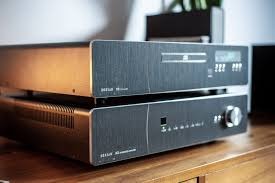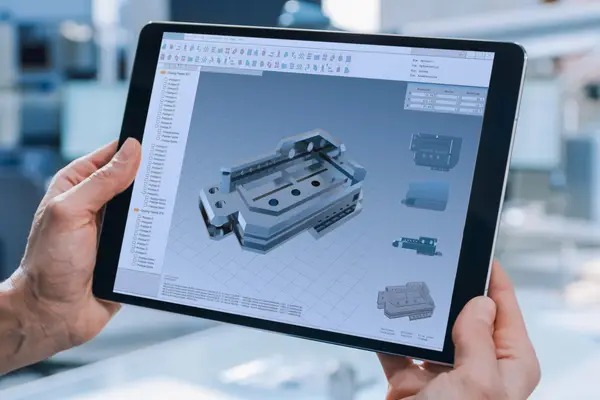Selecting the right component to power your hi-fi system is a critical decision for any audiophile. An integrated amplifier, combining a preamplifier and power amplifier in one unit, serves as the heart of your setup. To ensure you pick the best one, consider these key factors to match your audio preferences and room dynamics.
Consider Build Quality and Features
A well-built amplifier, such as the ones from the brand Hegel, ensures longevity and consistent performance. Look for robust chassis, high-quality capacitors, and efficient heat dissipation to prevent overheating. Features like tone controls, balance adjustments, or headphone outputs add versatility.
Some models offer modular upgrades, such as DAC or phono stage add-ons, for future-proofing. While sleek aesthetics are a bonus, prioritise internal components over flashy designs. Doing this will guarantee durability and sound integrity.
Understand Your Power Requirements
The power output of your amplifier should align with your speakers and room size. Speakers with low sensitivity (below 85 dB) demand more power to achieve dynamic sound without distortion. For a small room, 50-100 watts per channel may suffice, but larger spaces or power-hungry speakers might require 150 watts or more. Check your speaker’s impedance (typically 4 or 8 ohms) and ensure the amp can handle it efficiently.
Evaluate Input and Connectivity Options
Your hi-fi system likely includes multiple sources like a turntable, CD player, or streaming device. Ensure the amplifier has enough inputs—phono, RCA, optical, or coaxial—to accommodate them. A dedicated phono stage is essential for vinyl enthusiasts, while digital-to-analog converters (DACs) enhance streaming quality.
Modern units often include Bluetooth or Wi-Fi for wireless connectivity. Meanwhile, they prioritise wired options for better fidelity. Confirm compatibility with your existing gear to avoid frustrating workarounds.
Prioritise Sound Quality and Character
The sonic signature of an amplifier shapes your listening experience. Some deliver warm, rich tones ideal for jazz or classical, while others offer neutral, analytical sounds suited for rock or electronic music. Tube-based models add a vintage glow but require more maintenance, whereas solid-state designs are reliable and precise. Audition units with your speakers, if possible, as synergy is key. Look for low total harmonic distortion (THD) and high signal-to-noise ratios for cleaner sound reproduction.
Assess Key Budget and Value Factors
Your budget plays a pivotal role in narrowing down options, but value matters more than price alone. Entry-level models ($300-$800) can deliver impressive sound for modest setups. Meanwhile, mid-range ($800-$2,000) or high-end (above $2,000) units offer superior dynamics and features.
Consider long-term costs, like maintenance or upgrades. Also, avoid overspending on features you won’t use. Research user reviews and expert opinions to ensure your investment delivers performance that matches your expectations.
Choose the Right Brand for Reliability
The brand you choose significantly impacts your amplifier’s performance and support. Established names like Hegel have decades of expertise, offering reliable products with excellent customer service. Research warranties, typically 2-5 years, and check for local service centres. Lesser-known brands may offer budget-friendly options but ensure they have a solid reputation through user reviews and industry feedback. A trusted brand reduces the risk of premature failure and ensures long-term satisfaction.
Beyond specs and features, the best amplifier is one that resonates with your musical taste. Schedule demos at audio shops or hi-fi shows to hear how different models perform with your favourite tracks. Investing in a quality unit now can elevate your listening experience for years, transforming your hi-fi system into a gateway for emotional, immersive sound. Take your time, trust your ears, and choose a device that brings your music to life.
READ MORE : Effortlessly Track Your Electricity & Gas Bills Online



